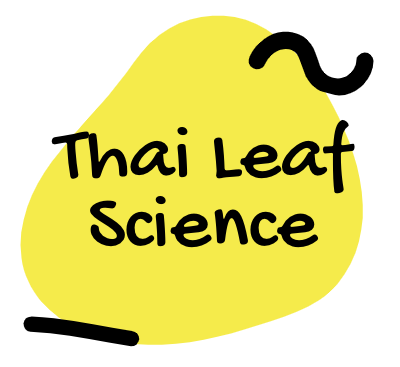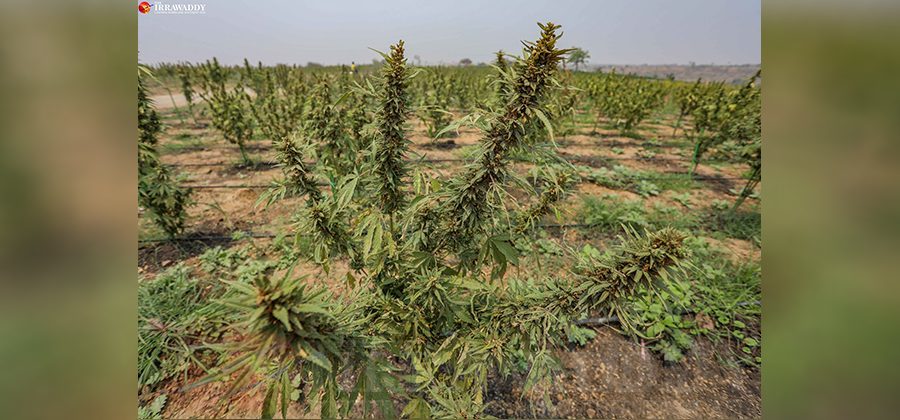YANGON—A lawmaker will submit to the Lower House of Myanmar’s national legislature a proposal to amend the country’s antinarcotics law to allow the legal cultivation of hemp, which is treated as marijuana under existing laws. “I believe I will be able to submit [the proposed amendment] to the bill […]
YANGON—A lawmaker will submit to the Lower House of Myanmar’s national legislature a proposal to amend the country’s antinarcotics law to allow the legal cultivation of hemp, which is treated as marijuana under existing laws.
“I believe I will be able to submit [the proposed amendment] to the bill committee before the current parliamentary session ends. And I will be able to submit the bill when the next parliamentary session starts,” said National League for Democracy lawmaker U Yan Lin, who is also the chairman of the Lower House Agriculture, Livestock and Rural Development Committee.
Officials of the Home Affairs Ministry, Union Attorney-General’s Office, the parliamentary Agriculture and Farmers’ Affairs and Public Affairs Management committees, and the Public Health Department met on Aug. 29 to discuss the legal status of hemp cultivation in Myanmar.
No objection was raised to hemp cultivation, but officials of the Home Affairs Ministry and the Union Attorney-General’s Office suggested that research be conducted before legal cultivation of hemp is allowed.
Hemp is illegal under existing antinarcotics laws in Myanmar because it contains the psychoactive component tetrahydrocannabinol (THC), said U Ba Myo Thein, chairman of the Upper House Farmers’ Affairs Committee.
Both hemp and marijuana are strains of the cannabis plant, but hemp has much lower concentrations of THC than marijuana. U Ba Myo Thein suggested the existing law be amended to specify the amount of THC a plant must contain to be considered marijuana.
“I accept that it is a beneficial industrial crop. But [cultivation] needs to be done in line with the law. There is also a need for research,” he said.
According to the Myanmar Hemp Association, marijuana has a high THC content of 15 percent and above, while hemp only contains 0.3 percent THC. The lifespan of a marijuana plant is eight months to one year, while that of hemp is only four months, approximately. Marijuana cultivation is allowed for medicinal purposes in some countries.
Hemp is an industrial raw material used in the manufacture of a variety of products including textiles, clothing and cosmetics.
Legalizing hemp cultivation would boost local farmers’ incomes and provide raw materials for a pharmaceuticals factory to be built in Myanmar’s administrative capital Naypyitaw soon, said U Yan Lin.
“Many countries including Thailand have started [commercially] growing hemp. If it is grown honestly, it will create good opportunities. We welcome it,” he said.
Police have filed a lawsuit against officials of US-based IIIM Co. and two Myanmar citizens who operated a trial industrial hemp plantation project in Nganzun Township with the approval of Mandalay Region government.
The Thai Health Ministry has permitted the cultivation of local hemp strains in Chiang Mai, Chiang Rai, Nan, Tak and Phetchabun provinces since Aug. 27. Strains of the cannabis sativa L plant containing no more than 0.5% of THC by weight in their flowers and stems, and no more than 0.3% in their seeds, are allowed to be grown in those provinces.
Thai Public Health Minister Anutin Charnvirakul said he believes the country’s economy will benefit from the use of hemp oil and seeds as ingredients in locally made drugs, foods and cosmetics products.

